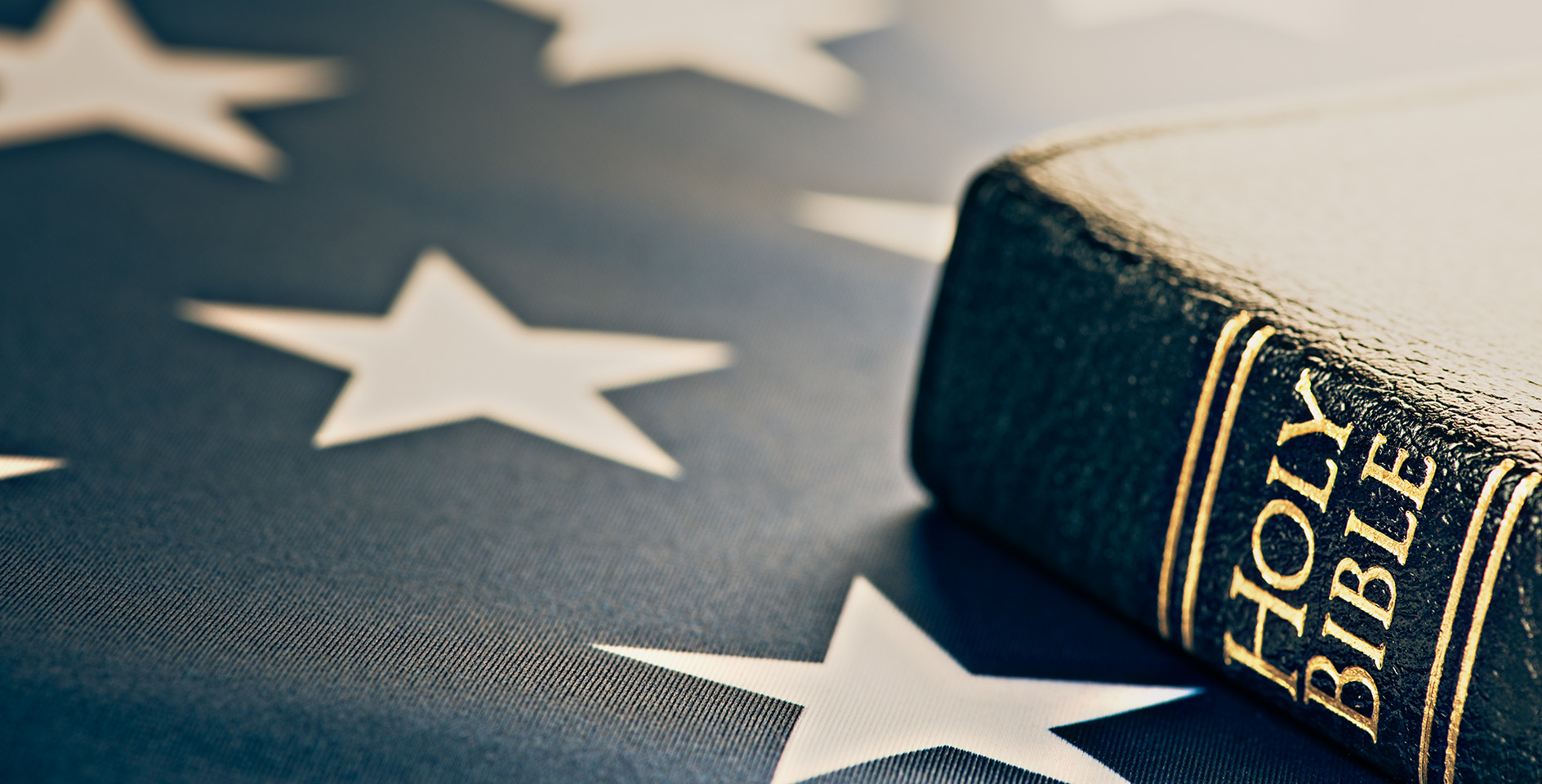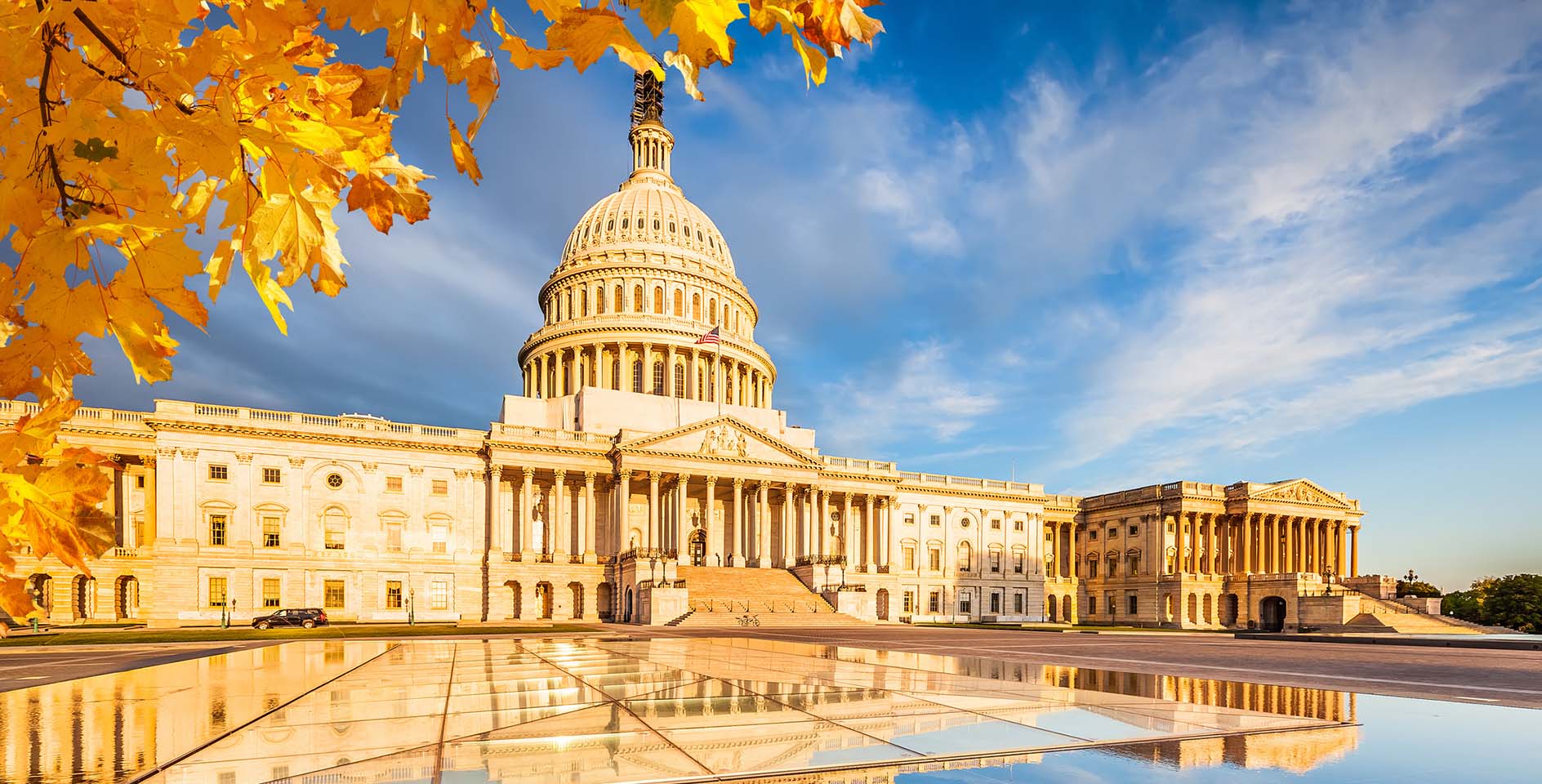Many church leaders feel tension between government restrictions related to COVID-19 and the fundamental right of religious liberty. Can the government prohibit in-person worship services? What about drive-in services or online streaming? This pandemic provokes many such questions about the rights and responsibilities of both churches and governments at every level, from D.C. to state governors and local public health departments.
To gain insight on the interplay between our religious liberty convictions and what public health requires during this coronavirus crisis, the ERLC posed several questions to Luke Goodrich, vice president and senior counsel at The Becket Fund for Religious Liberty. Goodrich is a veteran of multiple federal Circuit and Supreme Court victories and the author of Free to Believe: The Battle Over Religious Liberty in America. The ERLC works with Becket often on a range of issues and Russell Moore, president of the ERLC, serves on their board of directors.
1. What religious liberty protections do churches have right now—and what unique powers do government officials have—during a pandemic?
Churches have fundamental constitutional rights to the free exercise of religion and freedom of assembly. Those rights are often augmented by federal or state laws like the Religious Freedom Restoration Act. At the same time, these rights are not absolute. Just as freedom of speech doesn’t mean you can spread defamatory lies about your neighbor, freedom of religion doesn’t mean you can spread a dangerous virus to your neighbor. The government has authority to protect public health, and that authority must be balanced with the right of religious liberty.
In practice, that means that the government has a strong argument that it can temporarily limit public gatherings, including religious gatherings, during a dangerous pandemic. As long as the government does so uniformly—not targeting religious gatherings for special enforcement or disfavor—courts are likely to say that the government has remained within its proper bounds. But if the government targets religious gatherings while ignoring similar nonreligious gatherings, or if it goes after certain kinds of religious gatherings that pose no threat to public health—such as a drive-in church service where everyone stays in their vehicles—that is a violation of religious liberty.
2. How should government officials be thinking about honoring and accommodating religious liberty during a public health crisis?
Government officials have a basic constitutional obligation to treat religious gatherings no worse than similar nonreligious gatherings and to allow people to exercise their religion. But that’s just the constitutional minimum.
To fully respect religious freedom, government officials should recognize that religious groups are essential partners in caring for the vulnerable. They are providing emergency supplies, distributing food, offering coronavirus testing, running field hospitals, and caring for the elderly poor. Those services should continue unhindered.
And religious groups are not just meeting practical needs; they are also meeting spiritual needs that are essential for human flourishing. Because of that, government officials should view religious services as essential, and look for ways to permit religious practices as much as possible, and as soon as possible, consistent with public health. That means allowing enough church staff to gather so they can stream services online—an activity that furthers public health by allowing many people to worship safely at home. It means allowing drive-in services and sacraments where proper health precautions are taken. And it means exempting religious gatherings from restrictions where appropriate—as many states have already done—and making sure that temporary limits on in-person gatherings are lifted as soon as safely possible.
Government officials should also avoid inflammatory threats against religious gatherings—such as threats to take down license plate numbers and quarantine those who attend services, or to shut down churches permanently. Such threats are unnecessary and unhelpful, and they only make it harder for churches and public health officials to work together.
Ultimately, churches should approach religious freedom conflicts the same way they approach COVID-19: not with fear of suffering but with calm confidence in the goodness of God. Neither a global pandemic nor a local bureaucrat can silence the gospel.
3. What should churches consider when thinking about their religious freedom and their relationships with local governments during a crisis like this one?
During a widespread, fast-moving crisis like this one, there will inevitably be incidents of government overreach. Thus, churches must remain vigilant about infringements of religious freedom. As Madison said, “it is proper to take alarm at the first experiment on our liberties”—because a government that can violate religious liberty in a pandemic can violate it for other reasons too.
At the same time, churches must distinguish between real infringements of religious freedom and mere shadows. They must discern when to obey God rather than men (Acts 5:29), and when to obey the governing authorities (Rom. 13:1). A government that targets religious gatherings is infringing religious freedom. A government that imposes temporary limits on all gatherings in a pandemic is trying to protect public health.
Churches should also strive for peace with everyone (Heb. 12:14; Rom. 12:18). They should avoid using inflamed rhetoric or a posture of defiance to provoke a conflict with government officials who are attempting to navigate a pandemic. Instead, they should work with government officials, if possible, to find solutions that will enable them to continue ministering while still protecting public health.
Thankfully, most churches have already done so, making major adjustments to their ministries to love their neighbors well—such as moving services online, following social distancing recommendations, and finding creative ways to care for the most vulnerable. Loving our neighbors, in turn, strengthens the case for religious freedom, as it shows that religion is essential to a flourishing society.
4. Let’s get practical. What if the government’s guidance is unclear or contradictory—like when a local municipality has stricter policies than state or federal governments? What should churches do then?
Churches should try to follow the government guidance that applies to them. If the guidance is unclear, the church can reach out to the relevant officials to seek clarification. Many states and counties have set up special inquiry email accounts for this purpose. For example, churches in California reached out to local officials to determine whether live streaming of services was allowed despite a shelter-in-place order, and the local officials there clarified that the church could have several staff members gather so they could stream their services online.
In many situations, if churches and local officials are willing to dialogue in good faith, they can find a solution and spare all sides the distraction of a public spat. Even better, they may be able to build cooperative relationships that bear good fruit over the long term.
5. What steps should a church take if they believe that their state or local authorities are infringing their religious freedom?
If a church faces an intractable violation of religious freedom, it needs solid legal advice. Organizations like Becket, Alliance Defending Freedom, and First Liberty can help churches assess their legal rights and, in some cases, work with government officials to find a solution. Becket has advised churches across the country behind the scenes about how to comply with local stay-at-home orders while still conducting services.
Churches should also count the cost of litigation. Becket represents all its clients free of charge, as do many other groups. But litigation can still draw time and attention from other efforts that may be more important to a church’s ministry. So litigation should be a last resort.
Ultimately, churches should approach religious freedom conflicts the same way they approach COVID-19: not with fear of suffering but with calm confidence in the goodness of God. Neither a global pandemic nor a local bureaucrat can silence the gospel.










